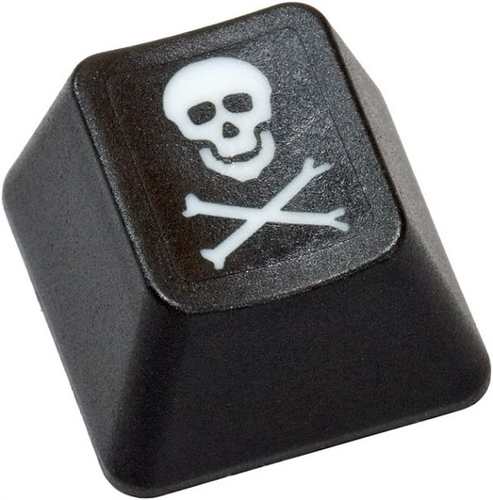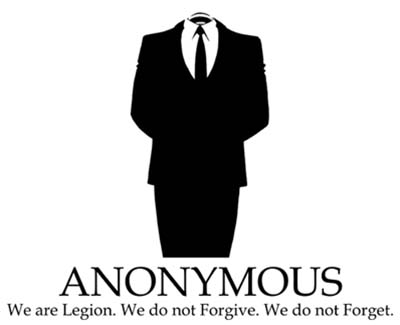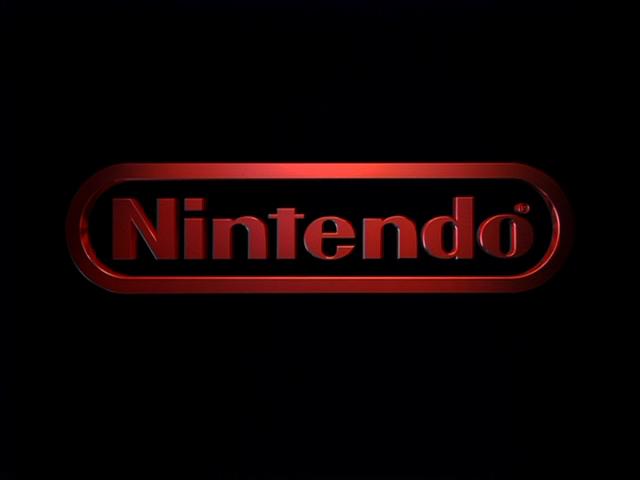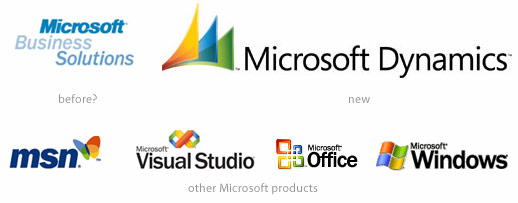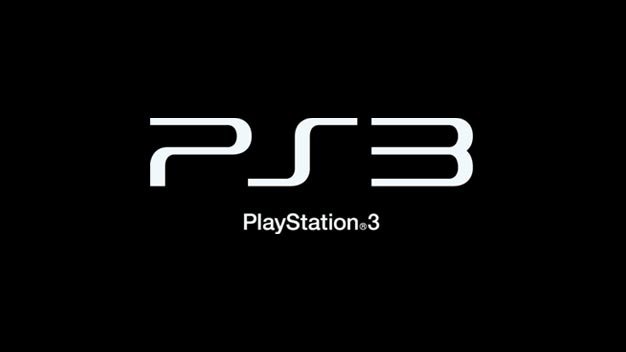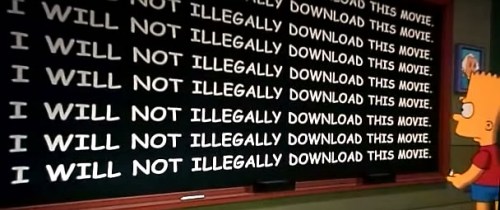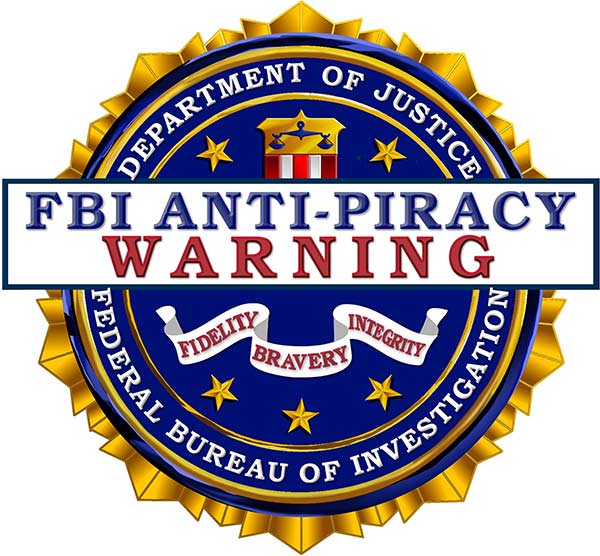The main reason I decided to write this was not to start a debate over piracy so please keep any comments void of your opinions unless they are going to be constructive and informative. Any others I shall probably delete as I’m not planning to start an argument. It’s a very subjective topic and if you want to discuss it go to a hacking forum you won’t find any information on this site. The reason I am writing it is its importance to the industry as a whole and its outcome will set a precedent relating to intellectual property rights and laws regarding reverse engineering and the circumvention and bypass of patented security systems.

Sony Vs George Hotz and others
Finding themselves in the middle of one of the most important cases in gaming and intellectual property rights law, is electronics giant Sony. While the court case documents and actual charges against the defendants are confusing I will break it down in a nutshell for you. According to the manufacturers even once you have purchased a PS3. Xbox360 or Wii, you do not fully own the rights to all aspects of the machine especially in relation to reverse engineering. Before you argue that this is a ridiculous notion exclusive to this industry it has variables (which shall be explained later) which make it vastly different in nature to most other industries. Recently a young well known hacker named George Hotz infamous for his work in ‘jailbreaking’ iphones and ipads began to focus his efforts on the PS3. For those unfamiliar the term jailbreaking refers to hacking the security system of a device to circumvent the need to be limited to running only authentic and signed applications and software. So, essentially George Hotz enabled a ‘hack’ for the PS3 that allowed users to install their own ‘homebrew’ software and applications. Interestingly he actually had written into his ‘hack’ anti-piracy measures that did not allow users to run backup copies of their games, but by then the damage had been done and by taking Georges work and the information he released to the public other hackers have enabled his hack to accommodate piracy. This brings the second defendant into the picture, a user known amongst those circles as Graf_chokolo, responsible for bringing back the OtherOS previously removed by Sony a while ago. Currently facing a 1 million dollar lawsuit this hacker still defies Sony and continues to release information to the public even without his computers which have all been seized by the courts.
Anonymous
The latest update in this saga comes from a group of hackers known only as Anonymous. According to reports they have openly threatened Sony in relation to these current lawsuits, warning of future attacks and actions against the company. Apparently the sony.com and playstation.com domains have already been attacked but are back up and running as usual which is good news for everyone and PSN has been reporting intermittent down time which could be totally unrelated. I wanted to break down the reasoning behind this ‘groups’ motives which are somewhat ridiculous. Nevertheless I would say Sony are taking these guys quite seriously as they have responsible for the takedown of MPAA and RIAA websites, as well as MasterCard and the Church of Scientology to name but a few. They go on to accuse Sony of abusing the judicial system and trying to censor information as well as victimising their own customers.
This is where I refer back to the variables that set this type of industry apart from most others. You don’t see Sony trying to stop people from opening up there LCD screens to see how they work, nor would they care if you found a way to make it fix your coffee for you. In the same manner, they really don’t care if one of these guys has found a way to play his old SNES games on the PS3, but what they do care about is when these guys release this information to the public with the end point most often than not being the ability to pirate software.
Customers of Sony have not been victimised in any way by these court proceedings nor have they abused the judicial system to my knowledge. Attacking the PSN is pointless as they are only hurting legitimate customers who are not abusing the system. Consoles that have been modded are not able to access the PSN or online play. Emulators and PS3 development for personal use has been around for years, it was only with the release of the PSJailbreak dongle that Sony rightly decided to take action. According to ISuppli who provide free market research, Sony has been losing money on PS3 consoles from its launch relying on software sales to make profit. Sony would expect roughly 10% of all games sales and 100% of exclusive titles like God of War and Killzone.
While I’m not taking sides imagine if it was your product, you had spent countless man-hours and millions of dollars developing and fine tuning for the enjoyment of your consumers. Then someone stole it or a trusted source leaked it. You would also fight hand nail and tooth to take action against those involved. With most industries the developers encourage users to better understand their product and the gaming sector is no different. What they object to is their security and anti-piracy measures being infiltrated on a mass commercial scale. Anonymous seem to be getting involved in something for the sake of it, and the outcome will surely do more damage than good to Hotz’s case. Sony have acknowledged the threats and apologised to users for any interference on their networks.
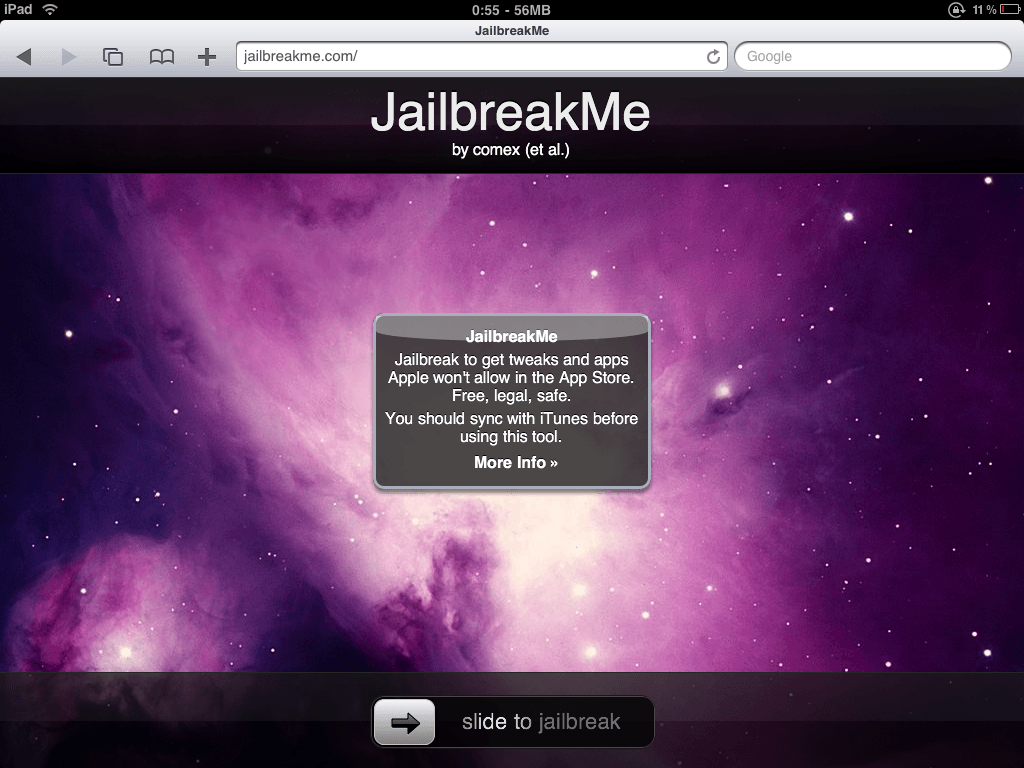
Right from the beginning of gaming consoles emergence onto the market, there have always been groups and individuals who for some and reason or another have wanted to find a means to either bypass or remove the security from their consoles. Many of these ‘hackers’ are genuinely anti-piracy in nature, and their actions are purely done in a quest for knowledge, but the vast majority of them are in it purely for the ability to play backup or copied games. They have been around since the days of the Super Nintendo and they aren’t going away anytime soon. So called popular hacking forums whose names I shall not mention, while being incredibly informative are also very contradictory. Of their hundreds of thousands of members you could count on both hands the number of guys who actually would have the knowledge or understanding to hack anything. The rest of them are simply hanging around waiting for information on how to play their games. Added to this is many of these sites anti-piracy stand yet showing ads for illegal hacking devices and (the one that made me laugh the most), a 2Tb HDD PRELOADED yes I said PRELOADED with games. Kind of ridiculous if you ask me but hey no-one ever does.
I believe piracy to be akin to walking into a shop and outright taking the product. I also believe that more than often companies are getting away with letting down gamers and the industry with subpar games sold for exorbitant prices. What needs to be implemented is a system that allows gamers to trial full versions of any game of their choice before they buy it. Games that are worth anything would not be at risk of being completed within the trial period and would leave the player wanting more. I don’t disagree with what Sony is fighting for or standing up for but I do disagree with the way in which they are doing it. History is not in their favour in these types of cases, and they are spending vast sums of money fighting what may be a lost cause that could hamper any future proceedings of a similar nature. George Hotz has already been through courts with major corporations, successfully defending himself against Apple, resulting in the jailbreaking of phones being deemed legal in the United States. In a similar case, a UK modder of Xbox360 consoles was cleared of all charges brought against him by Microsoft regarding the direct modding of their machines by way of an external chip. Of major concern for Sony is that they have targeted the wrong people. Why are there so many who were overlooked even though they are still directly contributing to future development hacks and continue to disable security patches. A loss for Sony in this case could have disastrous effects for them and the entire gaming industry.
Piracy and the Law
Nintendo – Nintendo have had their fair share of lawsuits in relation to both piracy and patent rights. In 2008 they lost a 21 million dollar case to Anascape regarding the use of controller sticks on GameCube and wii classic controllers, and have also been involved in cases with individuals regarding technology used within the DS touchscreens. (Although many of them seem like goldiggers with not much more than vague blueprints for a touchscreen based computer). In relation to anti-piracy cases they have been somewhat more successful than the others in keeping the law on their side. In 2009 they successfully had devices that allowed pirated games to run on their handheld console the Nintendo DS banned in many countries and states as well as recuperating massive amounts of money in fines from individual sellers and providers of the devices. Recently they also successfully sued a man for uploading a leaked version of Super Mario Bros Wii resulting in a 1.5 million dollar fine in their favour.
Microsoft – This giant is also no stranger to the inside of a court room and has been involved in cases ranging from anti-competitive and monopolistic business behaviour through to piracy cases. In the late 90’s the US Government went to court with Microsoft regarding their monopoly over Operating systems and Web browsers, eventually coming to a complicated settlement involving close monitoring of the company as well as having their source code monitored. They have been the target of many individual cases regarding ‘bricked’ consoles from glitches in firmware and dash updates. Late last year Microsoft took to court, Matthew Crippen, a young British guy accused of installing chips into XBox360 consoles for the sole purpose of playing illegally obtained games. Due to lack of evidence as well as the way in which it was collected the case was dismissed and Crippen allowed to go free after facing a possible 10 years in jail.
Sony – Just like the others Sony has spent hundreds of millions in legal bills fighting patent and piracy cases. LG and Sony are currently in court in 2 separate cases relating to Sony’s phone technology in LG phones and LGs Blu ray technology patents in Sony PS3. On top of this they are fighting consumers who fell they have broken the law by removing the Other OS from their PS3 console, a feature they said they would never remove and a key selling point and reason as to why many bought the unit. They are also suing George Hotz and Alexander Egorenkov, the former for jailbreaking their PS3 console, allowing the use of unofficial applications and piracy, and the latter for reintroducing the previously removed OtherOS.
The reason I think Nintendo are successful where others have failed is that they can prove a direct link to piracy and base their cases around this. The R4 and Acekard cartridges which they have successfully had removed from sale in many parts of the world and online had only one purpose which was to enable copied software. It was easy to argue this in front of a judge and the cases were quite clear cut. Again with Super Mario they argued loss of income from an individual releasing a copy of a game to the public for free and well before the street date release. The defendant didn’t have a leg to stand on and had to settle. Sony seem to have opted for a different defence, arguing rather the legalities of circumventing their devices, an argument Apple and others have lost in the past. They also seem more intent on keeping players with illegal firmware on their consoles off their online networks rather than keeping them from playing the copied games in the first place. I have often wondered why these companies simply don’t take action against many of these known websites that are hosting literally millions of dollars of illegally obtained software. The answer lies somewhat in the location of many of these websites, the local laws applying to them and Sony’s jurisdiction in that area. Microsoft probably would have won their modding case had they not been hampered by a witness and employee who admitted to modding consoles in his uni days, as well as being accused of setup tactics to obtain much of their evidence.
Does Piracy really cost the industry that much?
Last Year Japans Computer Entertainment Suppliers Association did a study based on over 100 of the most notorious sites for illegal downloading. The conclusion was a whopping $4100000000 loss in the last 5 year period of sales….. and this was on the DS and PSP alone. Add in the Wii, Xbox360 and now the PS3 and the figure will generously inflate. I think there are a few factors regarding this that should be considered. Many people download games prior to spending over $100 per title. The majority of these games are played for 10 minutes and usually deleted as they are not what they player is looking for. The games that they enjoyed they went out and purchased. I would imagine that as many as 60% of these downloads fall into this category and do not result in a loss of sale as the person had no intent of ever purchasing the product. As mentioned above, a system implemented by the companies themselves could easily eliminate their need to be doing this. Sure they could rent the game but that still doesn’t give any money to the developers or producers and has the same end result. So the figures are somewhat skewed and over inflated as they presume that every download is a lost sale.
While I was going through sites and researching a lot of this, one interesting point that kept coming up was that pirates spend more money on media than non pirates. This demographic is very particular in what they purchase and refuse to spend money on something that they haven’t tried and tested. But after all is said and done they end up giving back more to these companies they are stealing from. Again let me stress I don’t think this is a legitimate excuse for piracy. Going through a few sites some of the statistics are startling. Some sites which I cannot mention are carrying hundreds of titles each downloaded thousands of times.
What homebrew and hacking does enable is game modding which in turn heavily affects online play. With the ability to become invincible, see through walls and what not, many online gaming rooms have turned into a joke. Recently Sony went through their COD Black Ops rooms, banning any players running modded firmware and game hacks, which is a positive move towards keeping online play free from cheats. Hopefully they can come up with a system to filter out these players across their entire network.
How to combat piracy?
If it was really that simple then every console wouldn’t be a victim of it, but there are a few measures that companies have taken to better protect their systems.
1. Activation codes – already in place in most of the newer online games, it requires players to register a unique code that can only be found with the original copy. Unfortunately it cannot be implemented for offline play as it raises too many issues such as lending games to friends as well as destroying the second hand games market.
2. Concentrate on Game security – Once a console has been hacked it is very hard and expensive to be constantly trying to patch up the security on it. Think of the time and money Sony must have spent updating the PSP firmware to stop pirates stealing their games only to have hackers find a way around it quicker than it took them to develop it. This is harder than it seems and has been blamed for many developers abandoning easily pirated PC titles and moving towards console development.
3. Take more action against uploaders. Nintendo have proved that the courts are generally not too lenient on people stealing and uploading major titles especially before their release date, a practice which is becoming more common as groups compete for notoriety amongst the pirating community.
4. Firmware and Dashboard updates, which unfortunately are patched by hackers not long after they are implemented
Conclusion
All of these court cases cost money and what can be gained from them has to be weighed up against what has been lost. Sony obviously feels that they are fighting for future protection against console hacking as well as loss of income. When it comes down to it there should not be any real argument when it comes to pirating any kind of media, be it movies music or games. The fact that we view online and offline behaviour as 2 seperate existences bound by different laws is intriguing and contradictory. Internet behaviour is harder to monitor but easier to track, giving many people the illusion that what they do is invisible to prying eyes. Pirating games costs the developers money regardless of the amount. These are the companies whose games we all hang out for, waiting in anticipation as they are delivered on their day of release. Eventually smaller independent developers may close, and larger companies not hit quite as hard may reduce their R&D budgets and concentrate their efforts in other areas or only on the mot secure console.
The author wishes to say that they do not in any way condone piracy which should be evident from the article. I am not a lawyer and have not read the mile high court documents from any of these cases nor do I wish to. It is merely an informative article with topics you can make your own minds up about. All this information was obtained from personal research across various internet sites.


